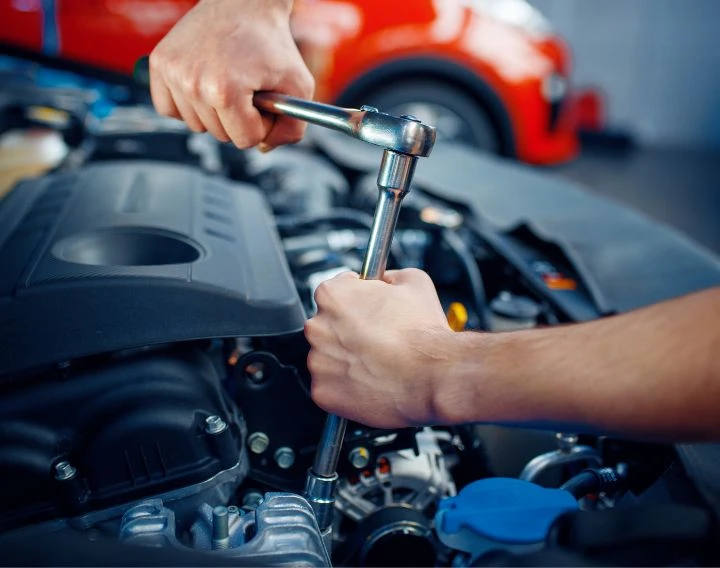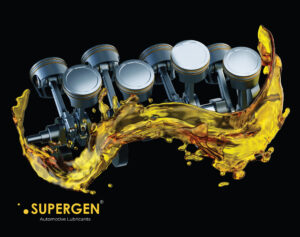Maintaining your vehicle’s engine is crucial for ensuring long-lasting performance and preventing expensive repairs down the road. Regular maintenance can help to keep your engine running smoothly, efficiently, and safely. In this blog, we will discuss how to properly maintain your engine to maximize its lifespan and performance.
Follow the Recommended Maintenance Schedule
The first step in maintaining your engine is to follow the manufacturer’s recommended maintenance schedule. This schedule will outline the recommended maintenance tasks, such as oil changes, fluid replacements, and filter replacements, and their recommended intervals. Following this schedule can help to ensure that your engine is properly maintained and reduce the likelihood of major repairs or component failures.
Check and Change Engine Oil Regularly
One of the most important maintenance tasks for your engine is regular oil changes. Engine oil lubricates and cools the engine’s moving parts, preventing excess wear and overheating. Over time, the engine oil can break down and become less effective at protecting the engine. Regular oil changes can help to keep your engine properly lubricated and reduce the risk of costly repairs.
Check and Top-Up Fluid Levels
In addition to engine oil, your vehicle has other fluids that require regular checking and topping up, such as transmission fluid, coolant, and brake fluid. Low fluid levels can cause damage to your engine and other components, so it’s important to check and top up these fluids regularly.
Replace Filters Regularly
Filters, such as the air filter and cabin filter, are designed to trap debris and prevent it from entering the engine or the cabin. Over time, these filters can become clogged and less effective, reducing engine performance and air quality. It’s important to replace these filters regularly to ensure that your engine is breathing properly and that you’re breathing clean air.
Monitor Engine Performance
One of the easiest ways to maintain your engine is to monitor its performance regularly. Keep an eye out for unusual noises, vibrations, or smells that could indicate a problem. Also, pay attention to your vehicle’s fuel economy – if it’s suddenly dropping, it could indicate a problem with the engine.
Address Problems Promptly
If you notice any issues with your engine or your vehicle’s performance, it’s important to address them promptly. Ignoring problems can lead to more extensive damage and more expensive repairs. If you’re not sure what’s causing the issue, take your vehicle to a trusted mechanic for diagnosis and repair.
In conclusion, maintaining your engine is critical for ensuring long-lasting performance and preventing costly repairs. By following the manufacturer’s recommended maintenance schedule, regularly checking and changing engine oil and fluids, replacing filters, monitoring engine performance, and addressing problems promptly, you can keep your engine running smoothly and efficiently for years to come. Don’t neglect your engine maintenance – it’s a simple and cost-effective way to ensure that your vehicle stays reliable and performs at its best.








